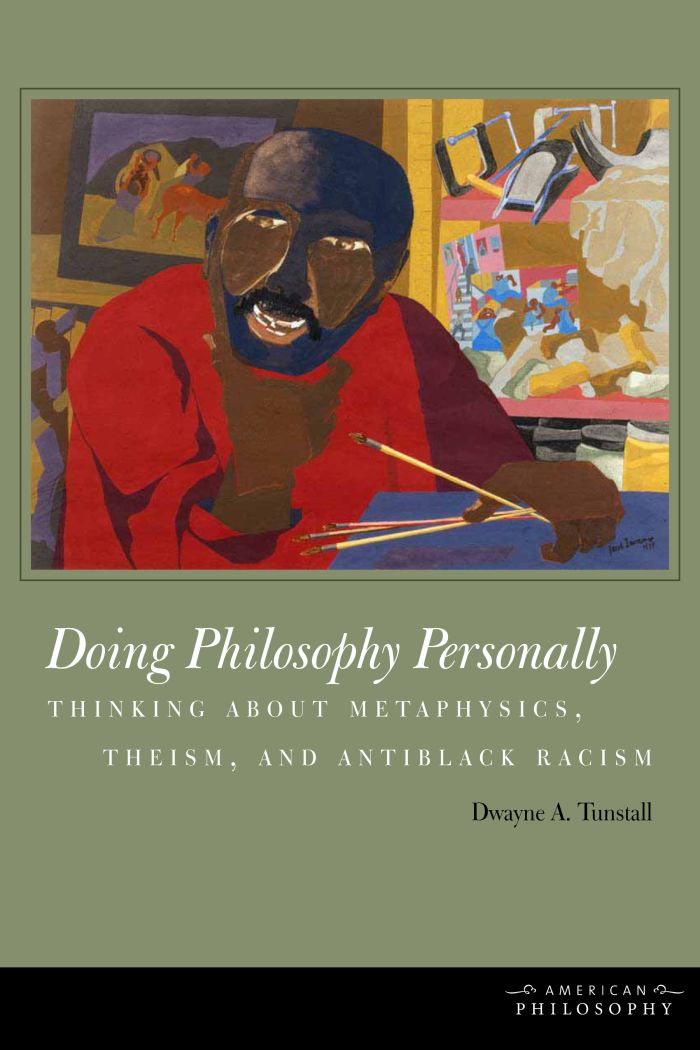Doing Philosophy Personally
Thinking about Metaphysics, Theism, and Antiblack Racism
Hardback
ISBN: 9780823251605
Published: 20 March 2013
$50.00

Fordham University Press
Gabriel Marcel’s reflective method is animated by his extraphilosophical commitment to battle the ever-present threat of dehumanization in late Western modernity. Unfortunately, Marcel neglected to examine what is perhaps the most prevalent threat of dehumanization in Western modernity: antiblack racism. Without such an account, Marcel’s reflective method is weakened because it cannot live up to its extraphilosophical commitment. Tunstall remedies this shortcoming in his eloquent new volume.
“In this remarkable book, Tunstall presents his reader with an insightful work of scholarship that integrates three distinct components: an extremely lucid account of Marcelian phenomenological metaphysics, an existentialist account of antiblack racism, and a powerful description of religious experience as seen through the lens of Africana philosophy and theology. The result is a uniquely insightful work that offers a clear illumination of Marcel’s work as well as its relevance for ongoing existentialist discourses on antiblack racism.”
" . . . well-researched, carefully written and cogently argued.”
Dwayne Tunstall is assistant professor of philosophy and African and African American studies at Grand Valley State University. He is the author of Yes, But Not Quite: Encountering Josiah Royce’s Ethico- Religious Insight (Fordham University Press, 2009) and Doing Philosophy Personally: Thinking about Metaphysics, Theism, and Antiblack Racism (Fordham University Press, 2012). He is also the author of more than ten articles and book chapters on a variety of topics, including aesthetics, Africana philosophy, pragmatism, religious ethics, and social and political philosophy. His research explores how Africana philosophy, existential phenomenology, moral philosophy, religious ethics, and classical American philosophy can complement one another when one is thinking about issues of moral agency, personal identity, race, and the legacy of Western modernity. He is currently president of the Josiah Royce Society.

